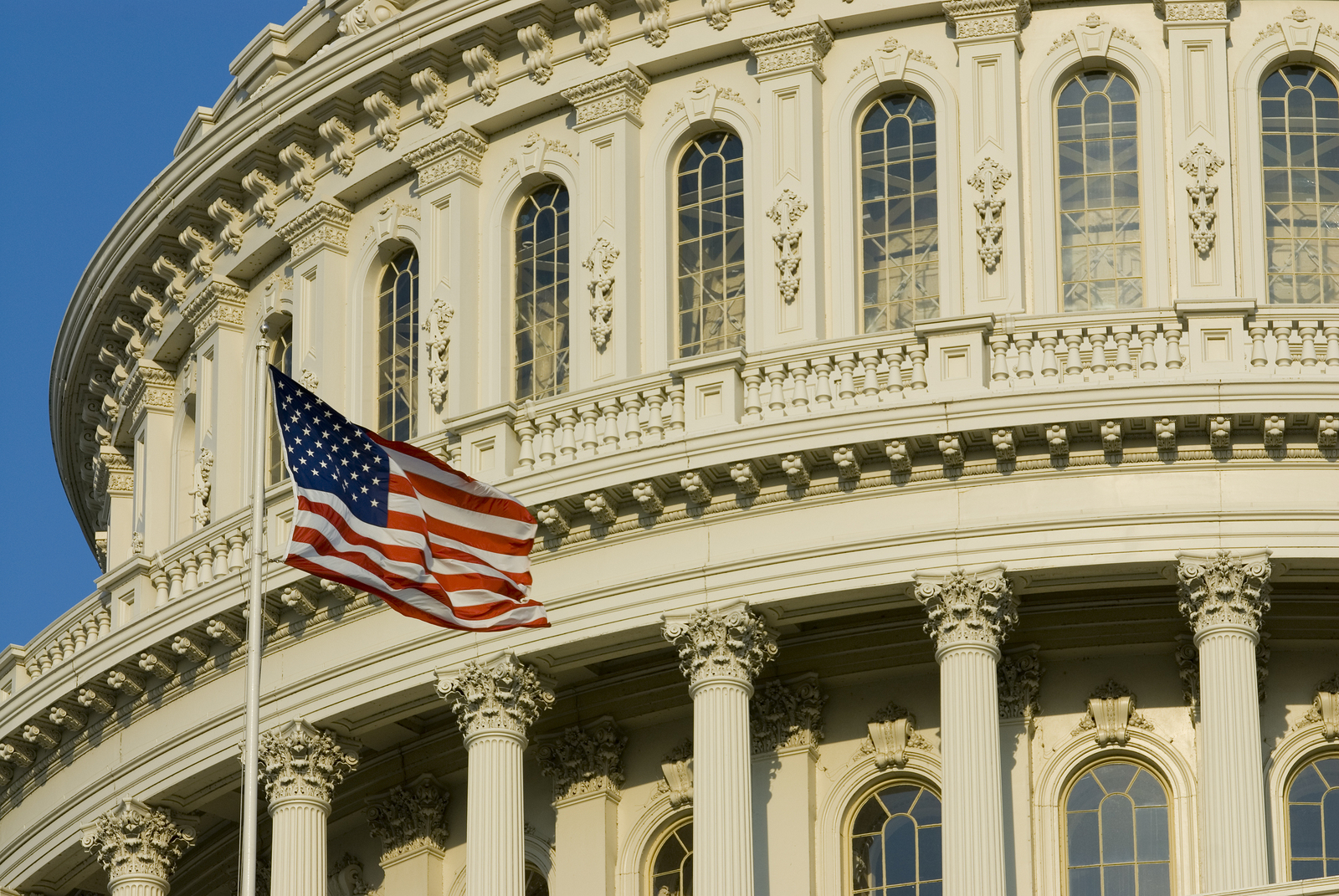April 18, 2018
Executive Vice President & General Counsel Allan Adler Testifies Before U.S. Senate Foreign Relations Committee in Support of Marrakesh Treaty

Today, Allan Adler, Executive Vice President & General Counsel of the Association of American Publishers testified before the Senate Foreign Relations Committee to express AAP’s support for U.S. ratification and implementation of the Marrakesh Treaty to Facilitate Access to Published Works for Persons Who Are Blind, Visually Impaired or Otherwise Print Disabled.
For over a decade, Adler explained, AAP has worked closely with the U.S. Government, officials of the World Intellectual Property Organization (“WIPO”) and its Member States, and disabilities and library advocacy groups to support the drafting, adoption and implementation of the Treaty. While reiterating AAP’s opposition to other proposals pending at WIPO for multilateral copyright “limitations and exceptions only” treaties, calling them “unnecessary and inappropriate,” Adler noted the unique nature of the Marrakesh Treaty in addressing a fundamental human rights concern – discrimination against individuals based on their personal disabilities.
The key concepts and provisions in the Treaty echo the elements of the 1996 Chafee Amendment in U.S. copyright law, which allowed certain governmental agencies and non-profit organizations to serve the “blind and physically handicapped readers” who, at that time, were not considered to constitute a “viable commercial market” for publishers.
“But the validity of that premise,” Adler stated, “continues to diminish as ebooks and audiobooks, online digital platforms, and standardized publishing formats like EPUB3 have made commercially published literary works more accessible and easily available via downloads, streaming and online display.”
“AAP views the ratification and implementation of the Marrakesh Treaty as important transitional steps that are currently needed while publishers and their technology partners continue to make progress toward the shared goal of all stakeholders on this issue: a common marketplace where people with print disabilities can – at the same time, in the same manner and at the same price as other consumers – purchase copies of published literary works, and enjoy them without having to demonstrate special qualifications or depend on regulatory privileges for their availability,” Adler said in his testimony.
But, “as marketplace accessibility becomes increasingly common through the availability of ‘born accessible’ products,” he noted, “a critical issue for publishers and authors will be the need for a ‘commercially available’ exclusion in the Chafee Amendment and similar foreign copyright laws to acknowledge the transformed consumer landscape.” At the end of the day, accessibility objectives must be viewed comprehensively and as a partnership between the private and public sectors.
To see the testimony, click here.
